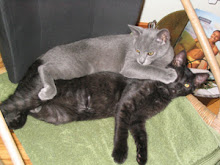
Hey! Salvation Army lassie, where are you? We need donuts here! We're working all night!
Theory and Practice of Gnomonism by Glen David Gold
“To serve you is my pleasure,” Hugo said.
“You serve us in more ways than one,” Anna replied. “You help us observe Lord Chesterfield’s rule that a dinner party, excluding one’s self, should not fall below the number of Graces, nor exceed the number of Muses.”
"Until nightfall, he still walked and held it aloft, calling out 'paper hat, paper hat' and no one bought it and finally, exhausted and hungry, he had taken a bite from it and that night he slept in the park."
"He doubted that the sailors, dashed upon the rocks, thought it had been worthwhile. He imagined a small community of them, bruised, shaking their heads, feeling like saps, looking from face to confused face, and asking "You, too?"




